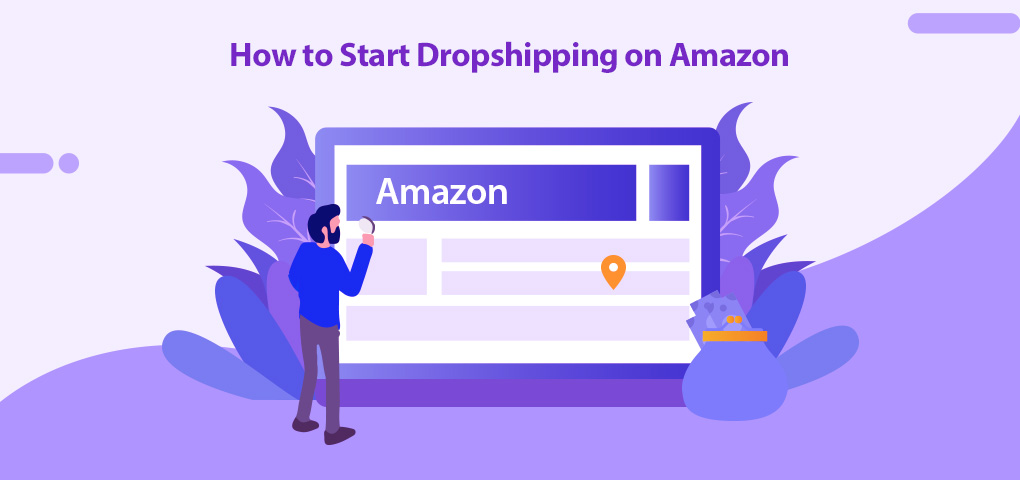Search Engine Optimization (SEO) plays an integral role in any successful content marketing strategy. When it comes to SEO, keyword optimization remains an essential component of how effective your marketing efforts would be. Now and then, Google and other search engines update their algorithms. Search engine spiders have become more sophisticated and intelligent than ever; meaning, old techniques may no longer be relevant. The only way to remain relevant to search engines is to evolve and discover new keywords opportunities. If you want to update your keyword optimization tips or learn new tricks, then pay attention to the best keyword optimization tips.
The best keyword optimization is the thin line between successful content marketers and unsuccessful content marketers. When done the right way, the best keyword optimization tips help you to discover, research, analyze, and choose the right search engine keywords for their website. Keyword optimization is a lifetime process, meaning, it ought to be continuous. Continuous keyword analysis and research are key to driving traffic to your site and increasing sales. On the other note, the wrong application of keywords in your website content will prove less effective; thus, reducing your chances of ranking on search engines.
Four Benefits of Keyword Optimization
Before delving into the best keyword optimization tips, let us first consider the benefits of keyword optimization.
1. Drive qualified traffic to your website:
Optimizing your web pages with keywords makes your website visible to searchers.
2. Write effective content:
Keyword optimization helps you to create unique content that will connect instantly with potential customers and how to service their needs.
3. Understand user behavior:
Studying the search patterns of your customers gives you an idea of their needs and how you can address their needs.
4. Gauge traffic potential:
The popularity of keywords helps you measure the size of a potential online market.
Six Best Keyword Optimization Tips
If you want to become a specialist in search engine keyword optimization and yield desirable results, then consider the following keyword optimization tips:
1. Use a keyword optimization checklist to build your lists
A keyword optimization checklist helps to keep track of every aspect of your website. From the titles to meta tags, meta descriptions, subheadings, URLs, images, etc., having a structured workflow makes your job much easier.
2. Take note of the keyword trends
Although, this strategy is short-term; however, it can give you the boost needed to kick-start your business. All over the world, new things evolve daily. Knowing what trend is in vogue can drive enormous traffic to your site, only if you know how to leverage it. Using trend tools like Google Correlate, you can discover seasonal trends and come up with fresh keyword ideas that will make you stay ahead of your competitors.
3. Pay special attention to mobile keywords
Over 72% of search engine queries come from mobile devices. As a result, people tend to use shorter keywords during a search – for example, “kids’ toy store Tokyo”. Or, as voice search is gaining popularity, long-tail keywords are used as well e.g. “where can I get kids’ toys in Tokyo?” As users search using different techniques (voice searches like Siri and Cortona or keyboard search), make sure you optimize using both short-tail and long-tail keywords.
4. Conduct a keyword audit
When keyword optimization becomes overwhelming, it is best to hire a third-party to check your work. Keyword auditors are experts in identifying issues including broken links and bad codes that may be affecting your website ranking. They use online SEO auditing tools like Woorank and SEO Site Checkup to check your on-page SEO, off-page SEO, and mobile usability to improve your website’s visibility and ranking.
5. Track your internal site search
Take the time to learn how your customers search for the items that you sell. Sometimes, knowing how people are looking for your products can be a breakthrough. After getting keyword ideas, you can create content that specifically suits their search terms.
6. Use free SEO keyword tools
Every profession has its unique tools. There are a handful of keyword analysis tools online that reveal keywords based on location, time, trends, popularity, and patterns. Interestingly, most of these tools are free! After searching for keywords that are relevant to your niche, add them to your list and see your traffic boost.
Six SEO Keyword Research Tools
If you’re looking for the best SEO keyword ranking tools, then consider the following:
1. Google keyword planner: This is undoubtedly the most popular SEO keyword ranking tool. It is mainly designed to suit PPC purposes; however, it’s still relevant when it comes to organic search keyword research.
2. Ahrefs keyword explorer: This is a comprehensive keyword suggestion tool for content marketers who want as much information as possible. In a single search query, you can get thousands of keywords suggestions and also offer guidance that will help you make the best choice. Ahrefs keyword explorer comes with several functions including the latest trend results, ranking analysis, comprehensive SERP, etc.
3. SpyFu: As the name implies, SpyFu helps you to spy on what keywords your competitors are utilizing for their advantage. It gives you insight into your competitors’ keyword strategies for you to replicate and make similar (successful) results.
4. SEMrush: SEMrush is yet another exclusive tool that reveals your competitor’s marketing strategies and SEO. Using this tool, you can see high-performing keywords that your competitors are using to make huge profits. Along the way, you might stumble upon new rivals you didn’t even know existed.
5. Moz keyword explorer: Moz keyword explorer comes with data filtering capability that makes it stand out. Its CTR Opportunity feature even makes this SEO keyword research tool more relevant, unique, and helpful.
6. KWFinder: KWFinder offers a complex keyword research tool in a streamlined and simplified process. It is user-friendly and easy-to-use for beginners. Seamless data filtering, accurate keyword insights, intuitive to navigate, and presented results are what make content marketers value KWFinder.
There is no limit to the number of SEO keyword research tools free that you can use. If you have the time and resources, then there is no harm in trying out multiple keyword research tools.
Conclusion
Keyword optimization is crucial for your SEO and PPC marketing efforts. It can be overwhelming for most website owners, bloggers, and online marketers. However, with this guide and the right SEO keyword ranking tool, anything is possible. All you need is to dedicate time, resources, and a little bit of seriousness.




